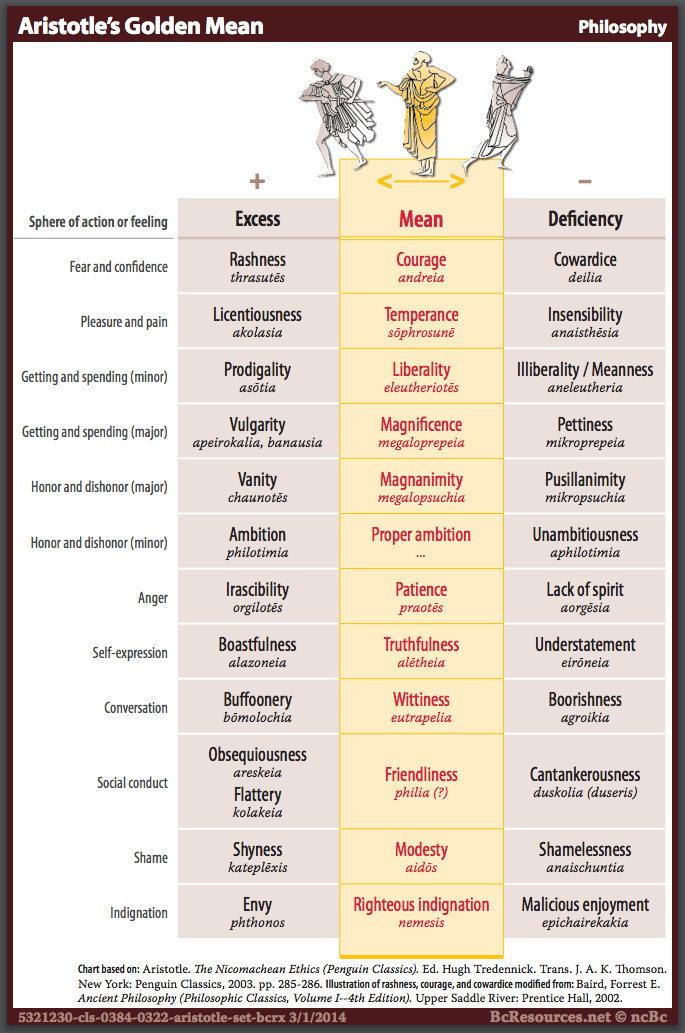When our son was born several years ago, I thought very much about the kind of person we’d like him to be. Which qualities and characteristics to cultivate. What “right” living looks like.
From that motivation came an elementary system to share with him – basic guidelines for “right” living. It had to be simple, but scalable. Approachable for a child, but meaningful enough to grow with him into adulthood.
The result: The Three Most Important Things You Can Be.
Review them, see a fourth addition, consider other systems, and share your own thoughts.
Give it a look for yourself. And consider its applications in parenting.
Right Living: The Three Most Important Things You Can Be
Watch the video above for a little more background on this system’s origin and on the fourth concept our son added when he turned 12.
The three essential qualities? Honest, smart, and caring.
Honest
This one’s fundamental. It’s the basis for all trust and confidence. Integrity is fundamentally right.
My “honest” is characterized by (but not limited to) …
- Being honest with yourself and with others
- Maintaining integrity; consistency in thought, word, and deed
- Building to and building from positions of trust
Smart
This one’s about learning and decision making. It’s also got a humility baked into it – there’s always more to learn; our perspectives can always be broadened. It also provides raw material for creativity and innovation.
My “smart” is characterized by (but not limited to) …
- Listening and learning with intent
- Making thoughtful decisions; anticipating consequences
- Focusing, planning, studying, reflecting
Caring
This one’s about healthy, loving, and respectful relationships with others.
My “caring” is characterized by (but not limited to) …
- Approaching the world and all its inhabitants in a spirit of service
- Empathizing with other people; understanding and respecting differences and similarities
- Treating others as you’d like to be treated (the ethic of reciprocity)
Since he was 2 years old, our knew these three things and could recite them. A decade later, of course, he still can.
As he’s grown and matured, we’ve used them in “teachable moments” and in conversations. The meanings have become more detailed and nuanced.
As with every shortcoming as a parent, I could have employed this simple system more consistently and more effectively. Still, it’s been helpful.
The Fourth Most Important Thing
A year or two back, I asked him what was missing from this trio. How could the three most important things be improved?
His add: Persevering – the strength, confidence, and determination to work through adversity.
A great addition.
Four Additional Systems for Virtuous Action and Right Living
Four Proposed Moral Virtues for Entrepreneurs
A conversation at TEDx UCCS with Dr Tom Duening reminded me to write this up.
His Moral Virtues for Entrepreneurs mirror the Three Most Important Things You Can Be.
They emerged in a conversation with Dr Kim Cameron, whose work in positive organizational scholarship quantifies the financial upsides of virtuousness in business.
They are:
-
Expert entrepreneurs see it as virtuous to pursue personal wealth as far as possible within the rule of law. (here: Smart)
-
Expert entrepreneurs see it as virtuous to rebound personally and professionally from failure, and to try and try again. (here: Persevering)
-
Expert entrepreneurs see it as virtuous to respect the private property of others and to uphold contractual obligations. As a corollary, they believe that acting otherwise is unseemly. (here: Caring)
-
Expert entrepreneurs see it as virtuous to respect the judgment of the marketplace with respect to their venture’s offerings. (here: Honest)
13 Virtues from Benjamin Franklin
In 1726, at age 20, Benjamin Franklin created this set of virtues to guide his life and build his character:
-
Temperance. Eat not to dullness; drink not to elevation.
-
Silence. Speak not but what may benefit others or yourself; avoid trifling conversation.
-
Order. Let all your things have their places; let each part of your business have its time.
-
Resolution. Resolve to perform what you ought; perform without fail what you resolve.
-
Frugality. Make no expense but to do good to others or yourself; i.e., waste nothing.
-
Industry. Lose no time; be always employ’d in something useful; cut off all unnecessary actions.
-
Sincerity. Use no hurtful deceit; think innocently and justly, and, if you speak, speak accordingly.
-
Justice. Wrong none by doing injuries, or omitting the benefits that are your duty.
-
Moderation. Avoid extremes; forbear resenting injuries so much as you think they deserve.
-
Cleanliness. Tolerate no uncleanliness in body, clothes, or habitation.
-
Tranquillity. Be not disturbed at trifles, or at accidents common or unavoidable.
-
Chastity. Rarely use venery but for health or offspring, never to dullness, weakness, or the injury of your own or another’s peace or reputation.
-
Humility. Imitate Jesus and Socrates.
Aristotle’s Golden Mean
Aristotle took a set of virtues and defined the excess and deficiency of each. The mean is golden.
Image via BCResources.net
Einstein’s Sympathy, Education, and Social Ties
As this Einstein quote suggests, but contrary to many people’s understanding, moral and ethical behavior does not require a religious basis.
“A man’s ethical behavior should be based effectually on sympathy, education, and social ties and needs; no religious basis is necessary. Man would indeed be in a poor way if he had to be restrained by fear of punishment and hope of reward after death.”
Notice, too, that sympathy, education, and social ties match up with caring, smart, and honest quite well.
Where most religious systems seek to explain why we’re here, how we’re supposed to live, and what happens when we die, I seek only to speak to the core of how we’re supposed to live. The others are unknowable and a commitment to any one system feels like a settling for the “best” available, known option.
Instead, I live with comfort in ambiguity and celebration in curiosity.
What can we learn from one another? What can we learn from the world’s best historical and cultural efforts to explain the unexplained? Where are the consistencies? What seems and feels like right living?
Your Thoughts?
What do you like about the three most important things? Or our son’s added fourth?
What would you add?
Leave a reply below.
Both photos mine. At top: the Wheeler Clock in Manitou Springs, Colorado. Here: text in a sculpted torso in Santa Fe, New Mexico.



0 Comments
1 Pingback